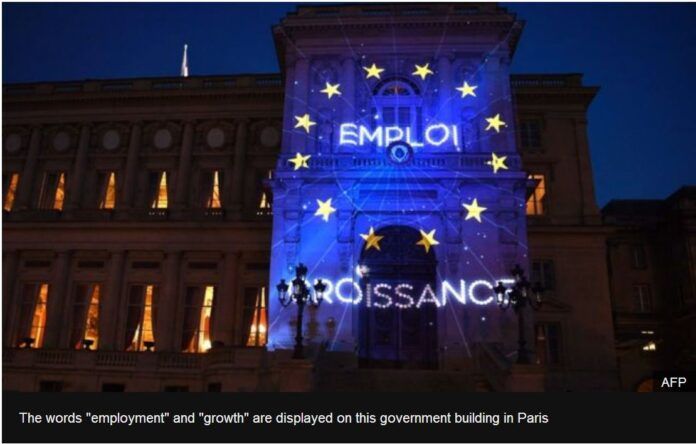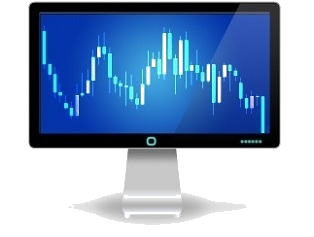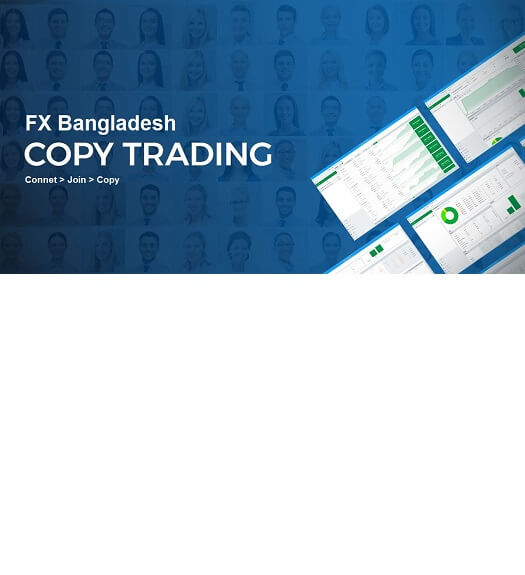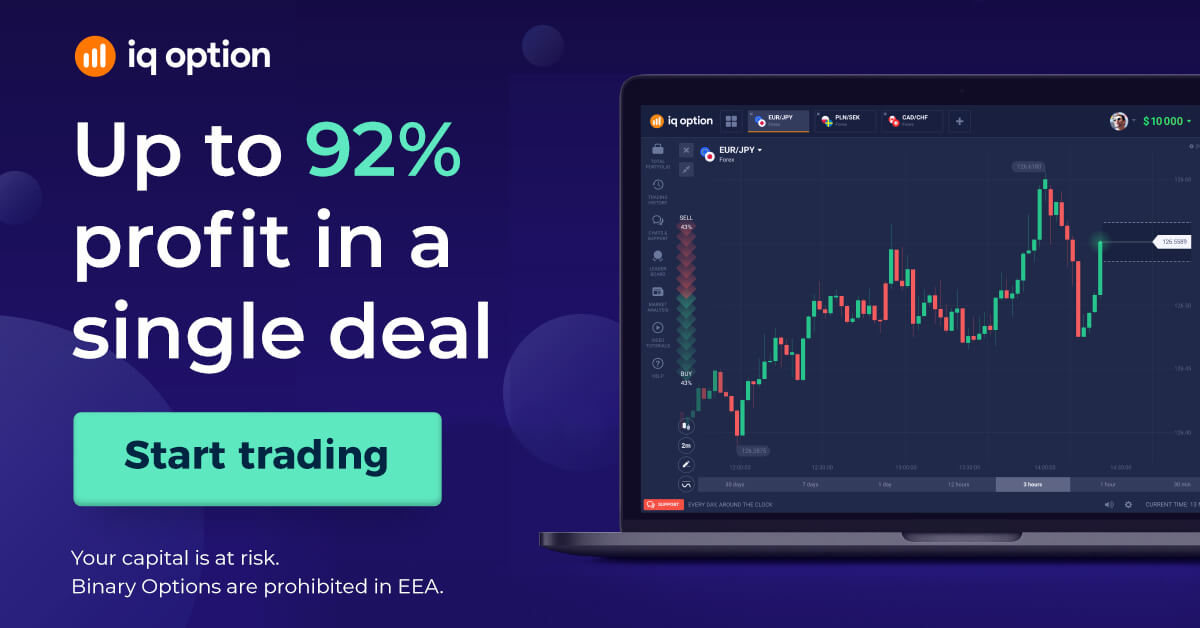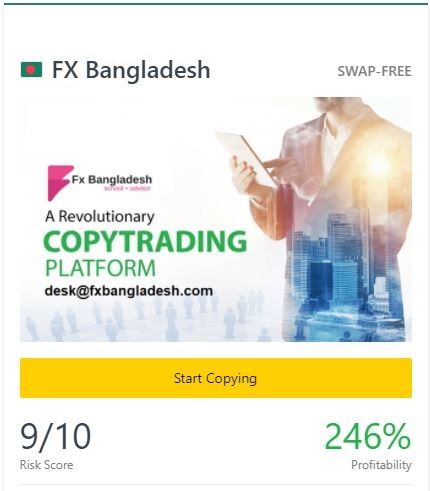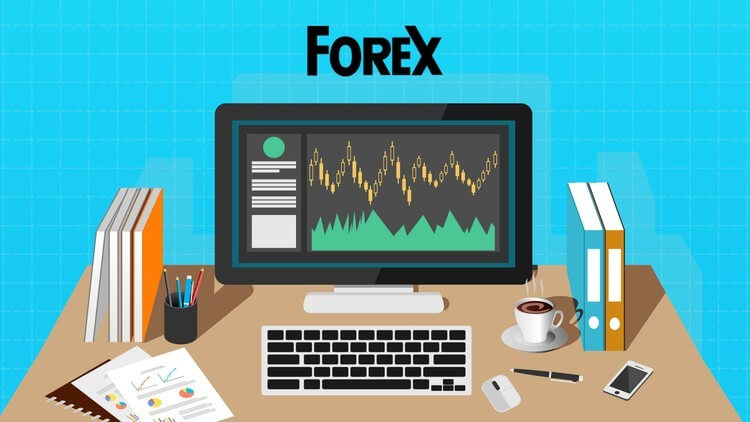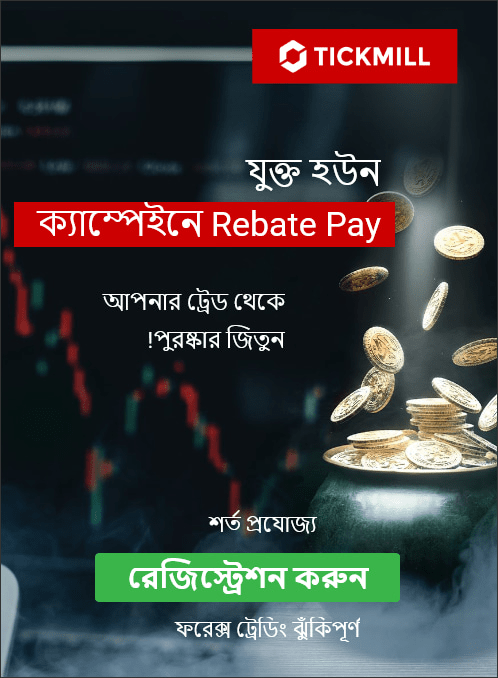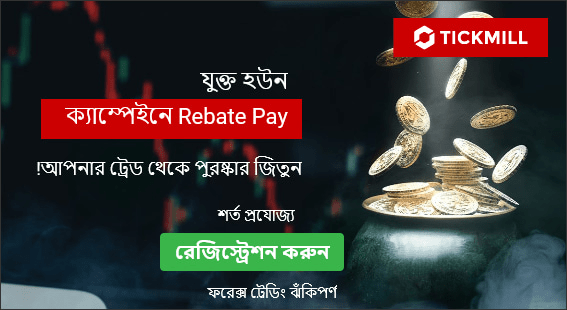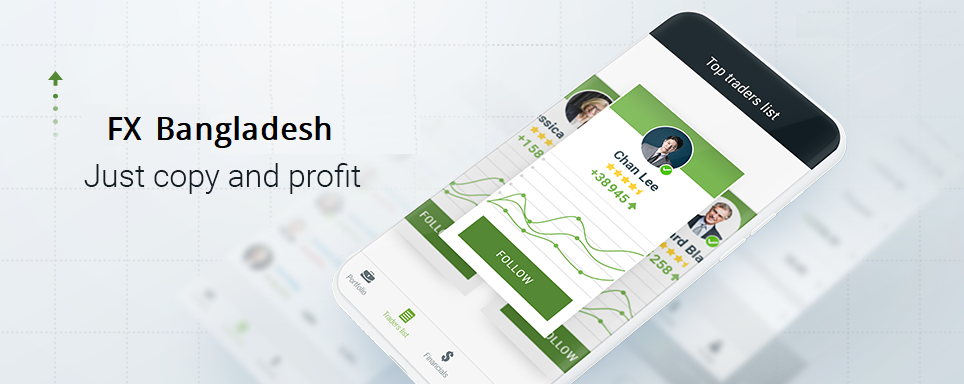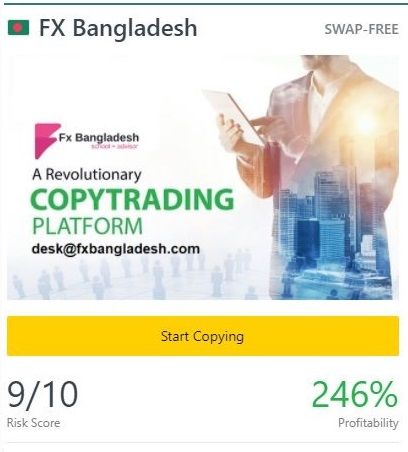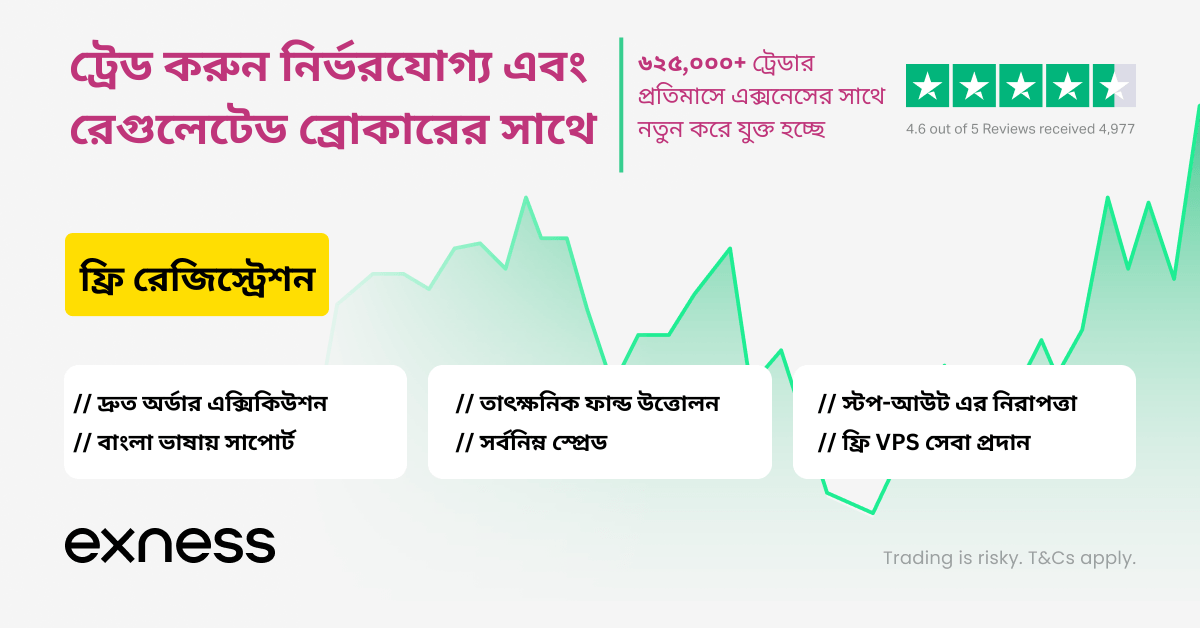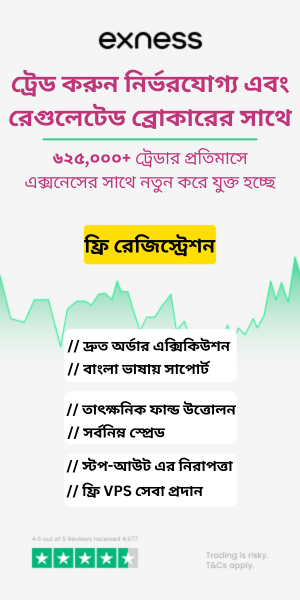As French voters go to the polls to elect a new president, the country’s relationship with the European Union, immigration and terrorism will all be important themes.
But there is always an economic context that will feature as a major consideration for many voters.
And whoever eventually walks into the Elysee Palace will face some difficult, even intractable challenges.
The big picture is an economy with a high standard of living and high productivity but some persistent problems.
The issue that stands out is unemployment. Close to three million people who want to work and are looking for a job don’t have one. The unemployment rate is 10%.
It’s not as bad as some eurozone neighbours, but it is above average for the region and far worse than, for example, the Netherlands and Austria, where it is below 6%, and Germany, where it is below 4%. The figure for the UK is below 5%.
You might think that unemployment will decline as the recovery from the eurozone’s recession continues. Many forecasters expect it will, but not by all that much.
‘Rigid structures’
The International Monetary Fund estimates that it will be hard to get unemployment down much below 8.5%.
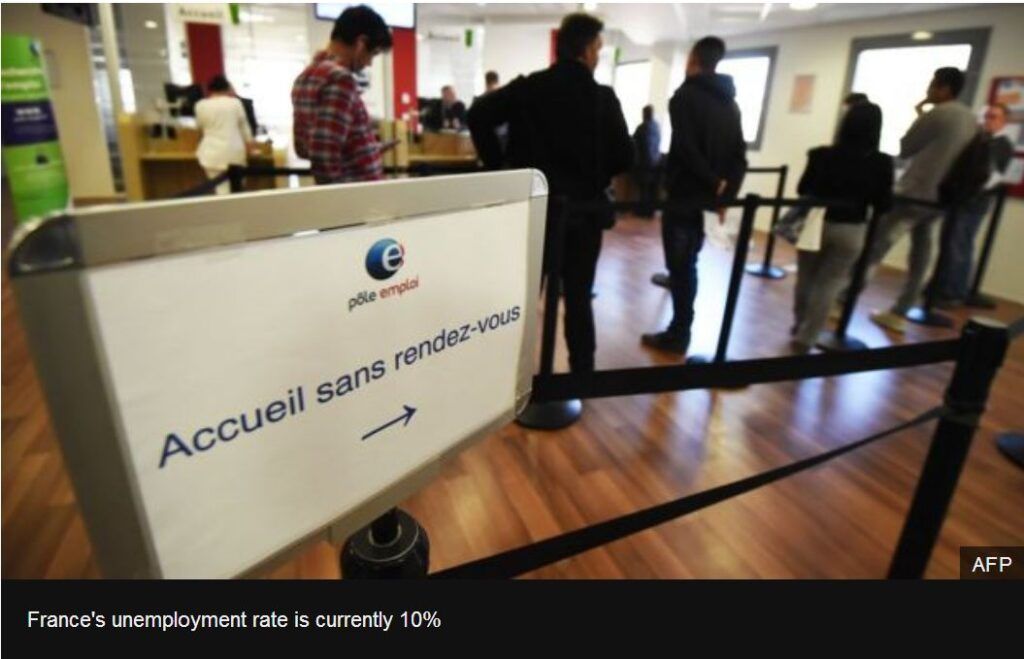
That judgement reflects what the IMF calls “deep rooted structural rigidities”, factors that make the country’s labour market less adaptable. They make it harder or less attractive for employers to take on new workers.
Here are some examples. The “tax wedge” is relatively large – that’s the difference between a worker’s take home pay and what it costs the employer.
There are long and uncertain procedures around dismissals, when an employer thinks they are needed. Of course there’s a need to protect workers from unfair and arbitrary sackings, but many labour market experts do think that in France the balance is wrong and that it acts as a disincentive to hiring new workers.
It is relatively easy to get out of work benefits and the IMF says the education system has failed to keep up with the changing skills needed by employers.
There have been reforms intended to make inroads into these issues, including a package known as the Macron law, named after Emmanuel Macron, one of the presidential candidates when he was economy minister. The IMF has welcomed this but says more is needed.
Then there is the 35-hour working week. It doesn’t ban long hours, but is a threshold which triggers overtime payments. Critics think it raises costs for employers, supporters that it protects workers and encourages employers to hire more people.




